Bádatelia pravdy
- 80 stránok
- 3 hodiny čítania
Galileo Galilei bol kľúčovou postavou vedeckej revolúcie, ktorého práca vo fyzike, matematike a astronómii zásadne zmenila naše chápanie vesmíru. Zdokonalil teleskop, čím umožnil nové astronomické pozorovania, a odvážne obhajoval heliocentrický model slnečnej sústavy. Jeho skúmanie pohybu a pozorovania nebeských javov, ako sú fázy Venuše a mesiace Jupitera, mu priniesli uznanie ako otcovi modernej astronómie a fyziky. Napriek kontroverziám a osobným útrapám, ktoré jeho vedecké poznatky vyvolali, Galileo položil základy moderného vedeckého myslenia.

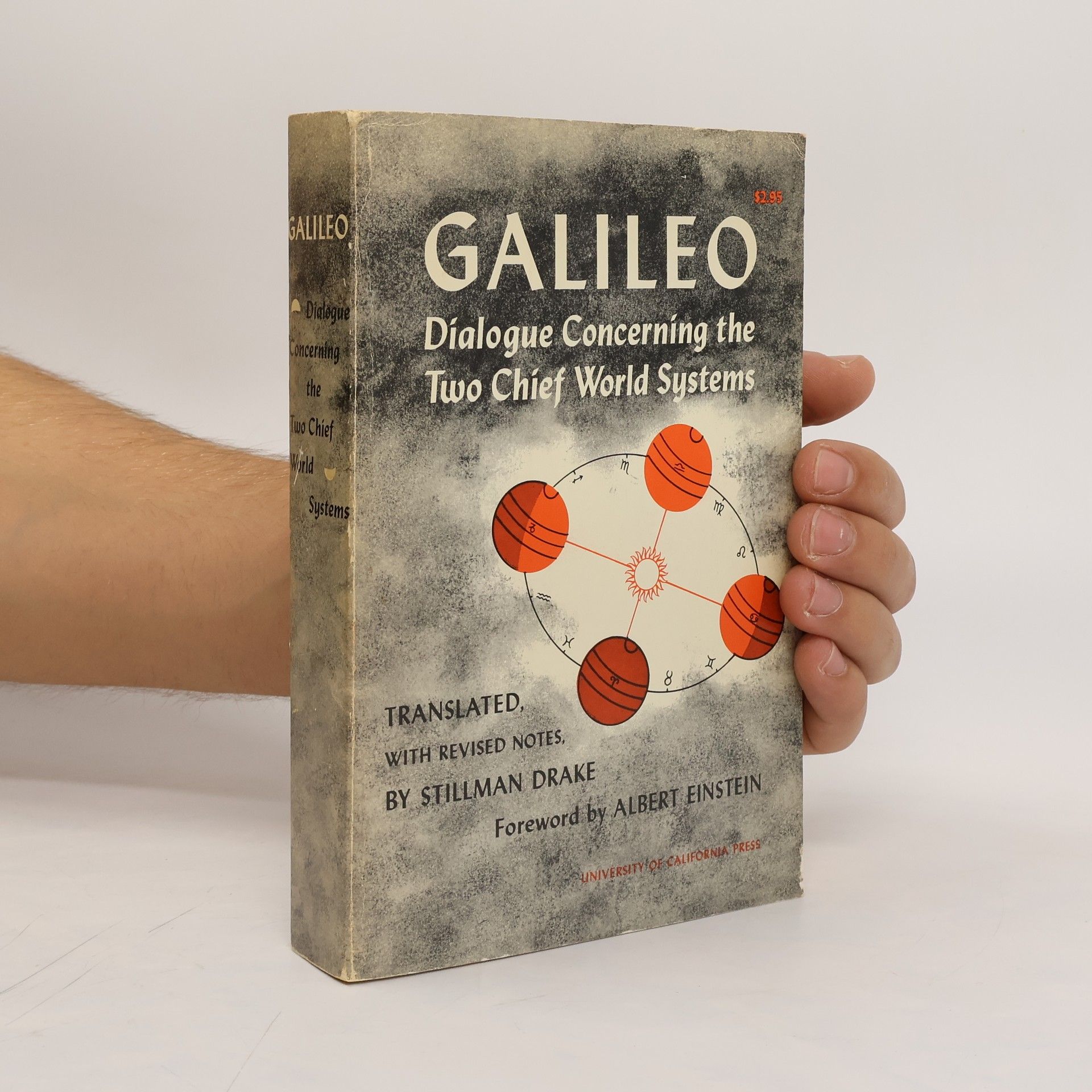
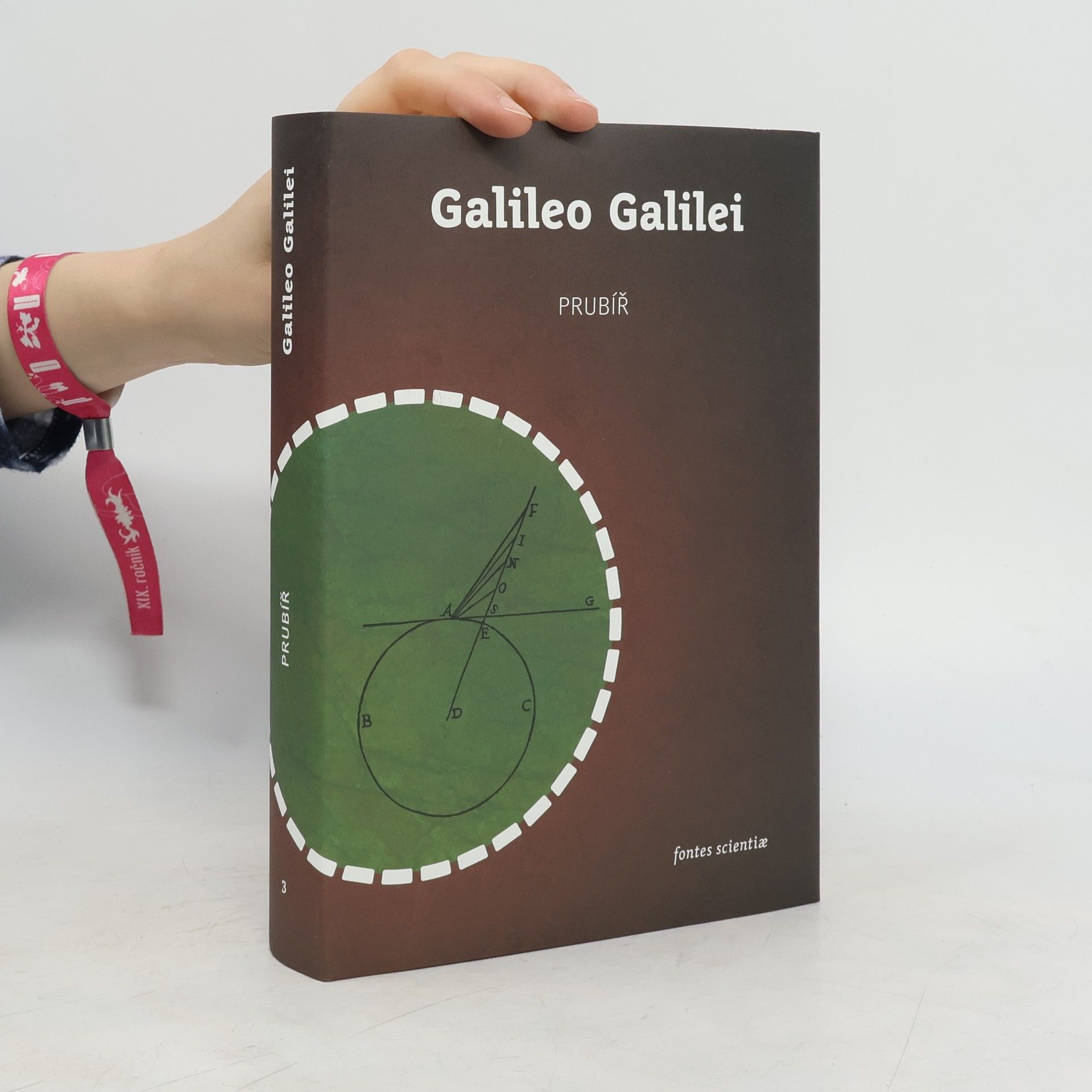
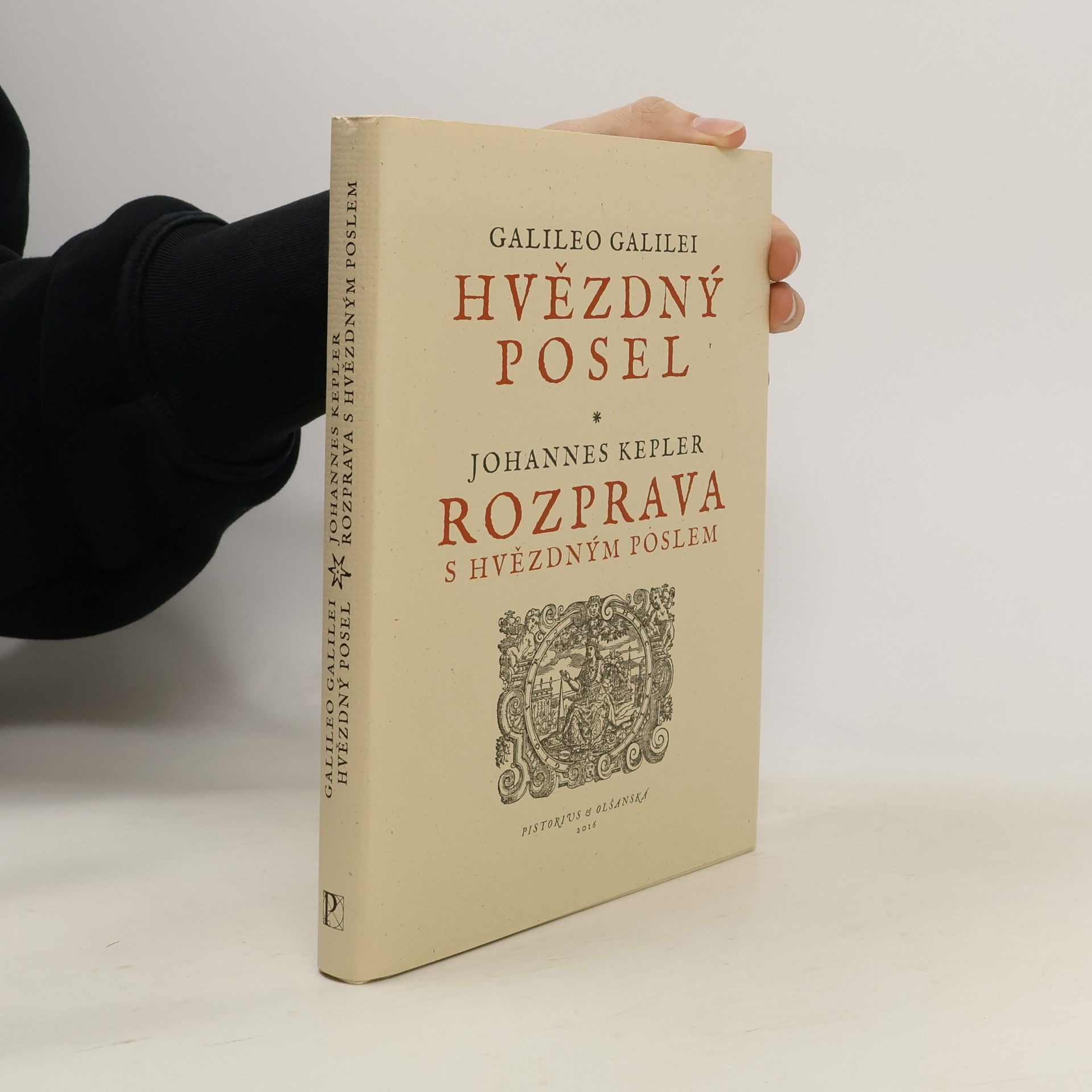
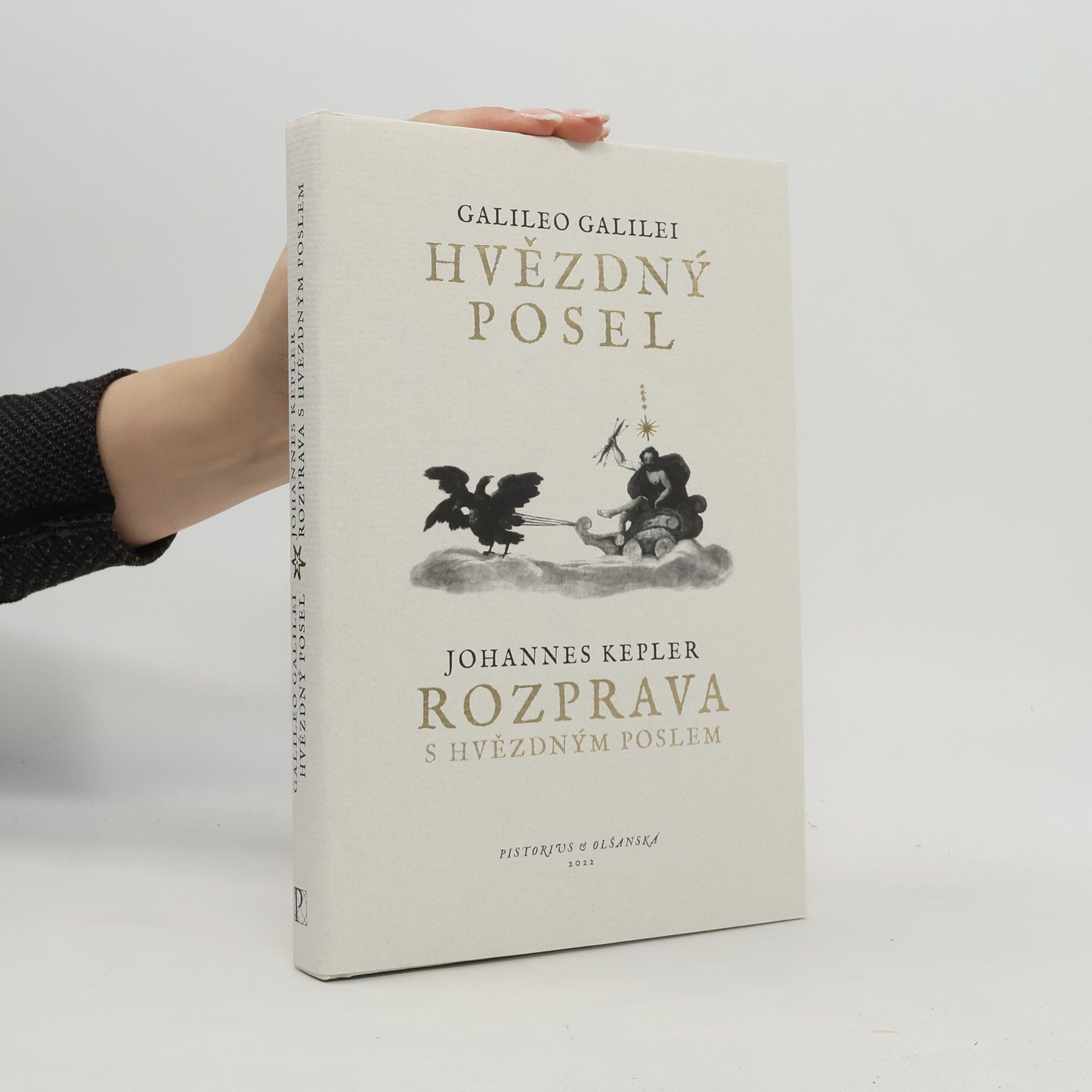

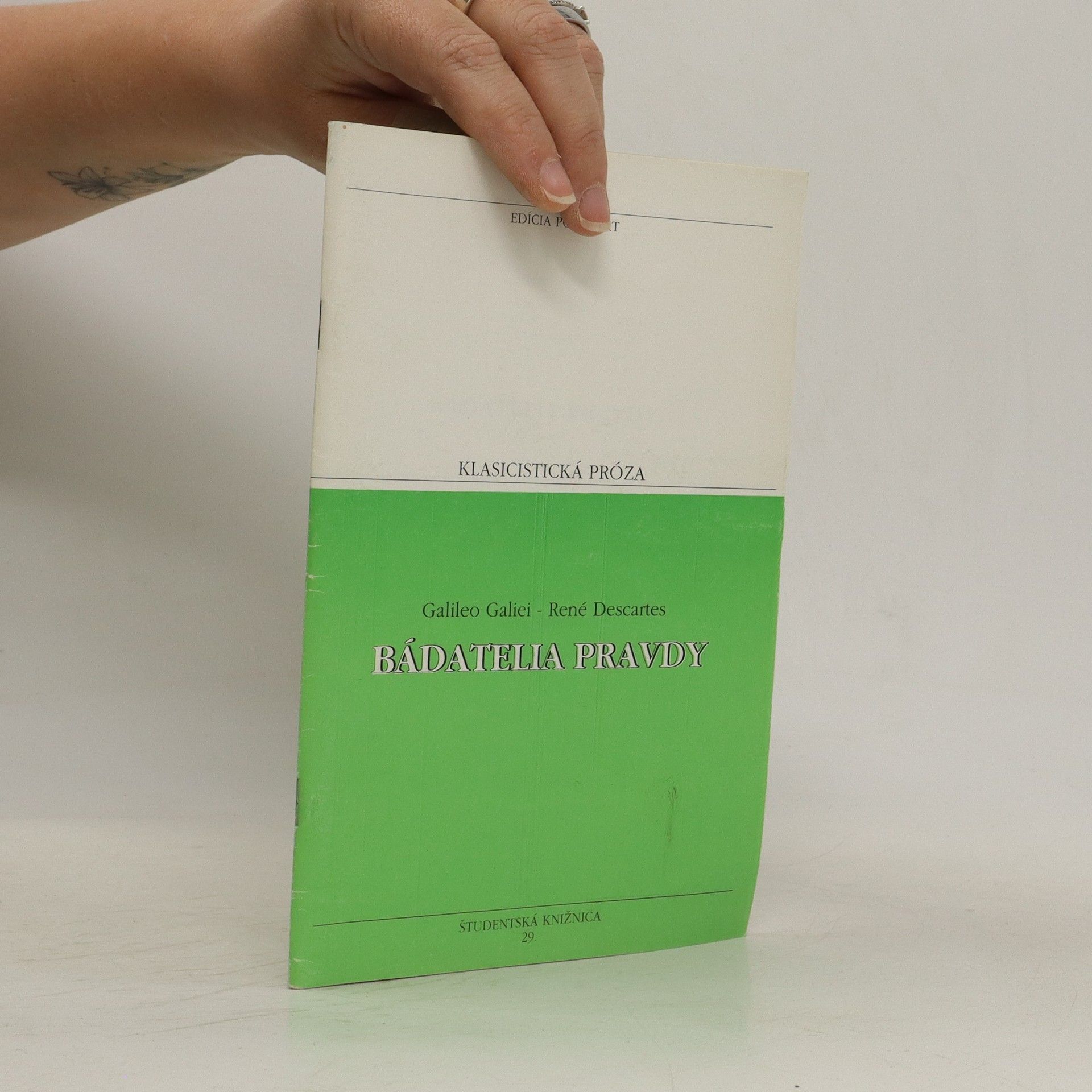
Na jaře roku 1610 vydal Galileo Galilei nevelký spisek Hvězdný posel, věnovaný florentskému vévodovi Cosimovi II. Medicejskému, v němž jako první popsal pozorování oblohy pomocí dalekohledu a oznámil objev Jupiterových měsíčků. Jeden výtisk poslal rovněž Johannesu Keplerovi, který záhy Galileovy zaslal obsáhlý dopis, v němž jeho objevy ocenil, a tuto svoji recenzi také pod jménem Rozprava s hvězdným poslem zveřejnil tiskem. Oba tyto útlé svazky, která výrazně vstoupily do dobové diskuse o kosmologickém uspořádání a které jsou i skvělou ukázkou renesanční stylistiky, patří mezi nejdůležitější astronomické práce všech dob. Kniha přináší jejich překlad spolu se zasvěceným komentářem, který osvětluje podstatu Galileových objevů, stejně jako jejich dobové souvislosti.
Na jaře roku 1610 vydal Galileo Galilei nevelký spisek Hvězdný posel, věnovaný florentskému vévodovi Cosimovi II. Medicejskému, v němž jako první popsal pozorování oblohy pomocí dalekohledu a oznámil objev Jupiterových měsíců. Jeden výtisk poslal rovněž Johannesu Keplerovi, který záhy Galileovi zaslal obsáhlý dopis, v němž jeho objevy ocenil, a tuto svoji recenzi také pod názvem Rozprava s Hvězdným poslem zveřejnil tiskem. Oba tyto útlé svazky, které výrazně vstoupily do dobové diskuse o kosmologickém uspořádání světa a které jsou i skvělou ukázkou renesanční stylistiky, patří mezi nejdůležitější astronomické práce všech dob. Kniha přináší jejich překlad spolu se zasvěceným komentářem, který osvětluje podstatu Galileových objevů, stejně jako jejich dobové souvislosti. Z latinských originálů Siderus nuncius a Dissertatio cum Nuncio sidereo přeložila Alena Hadravová za odborné spolupráce Petra Hadravy.
V knize Prubíř (1623) vede Galileo Galilei (1564–1642) rozhořčenou polemiku s jezuitským astronomem Oraziem Grassim, jehož dílo Váha filozofická a astronomická zde komentuje a vyvrací. Galileo se v Prubíři vášnivě pře s jezuitou, dobírá si ho a zesměšňuje ho – a přitom hájí mylnou teorii komet, protože komety prohlašuje za úkazy v atmosféře. I když Galileo v díle hájí chybné stanovisko, představuje Prubíř zajímavý dokument o vzniku novověké vědy. Hlavním tématem sporu sice byly komety, ale diskuse často vedla oba protagonisty k tomu, aby formulovali svoje názory na poznávání přírody. Prubíř se tedy kromě komet týká i dalších témat, jako je například metodologie vědeckého poznání, spolehlivost dalekohledů a lidských smyslů nebo rozsah lidského poznání přírody. Překlad Prubíře je doplněn dvěma studiemi, které přibližují filozofický a astronomický kontext vzniku díla.
Dialogue Concerning the Two Chief World Systems, Ptolemaic and Copernican, Second Revised Edition.
This generous selection from Galileo's writings contains all the essential texts. Newly translated by Mark Davie and William R. Shea, the contents include full representation from his scientific masterpieces, his contributions to the debate on science and religion, and key documents from his trial before the Inquisition in 1633.
Directing his polemics against the pedantry of his time, Galileo, as his own popularizer, addressed his writings to contemporary laymen. His support of Copernican cosmology, against the Church's strong opposition, his development of a telescope, and his unorthodox opinions as a philosopher of science were the central concerns of his career and the subjects of four of his most important writings. Drake's introductory essay place them in their biographical and historical context.